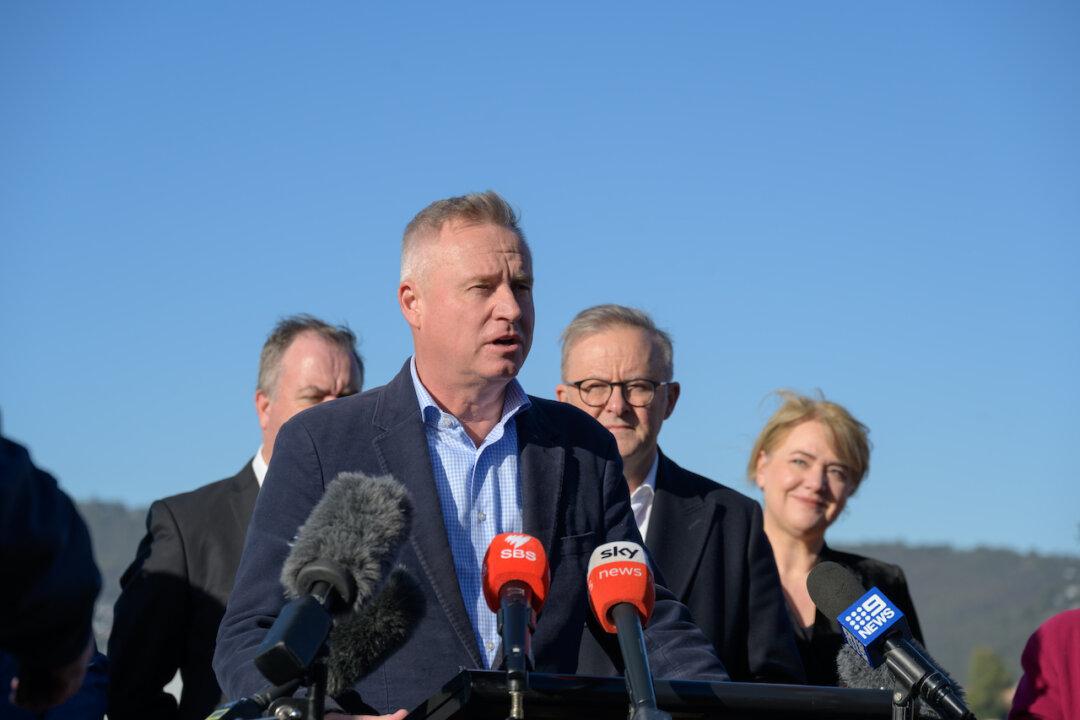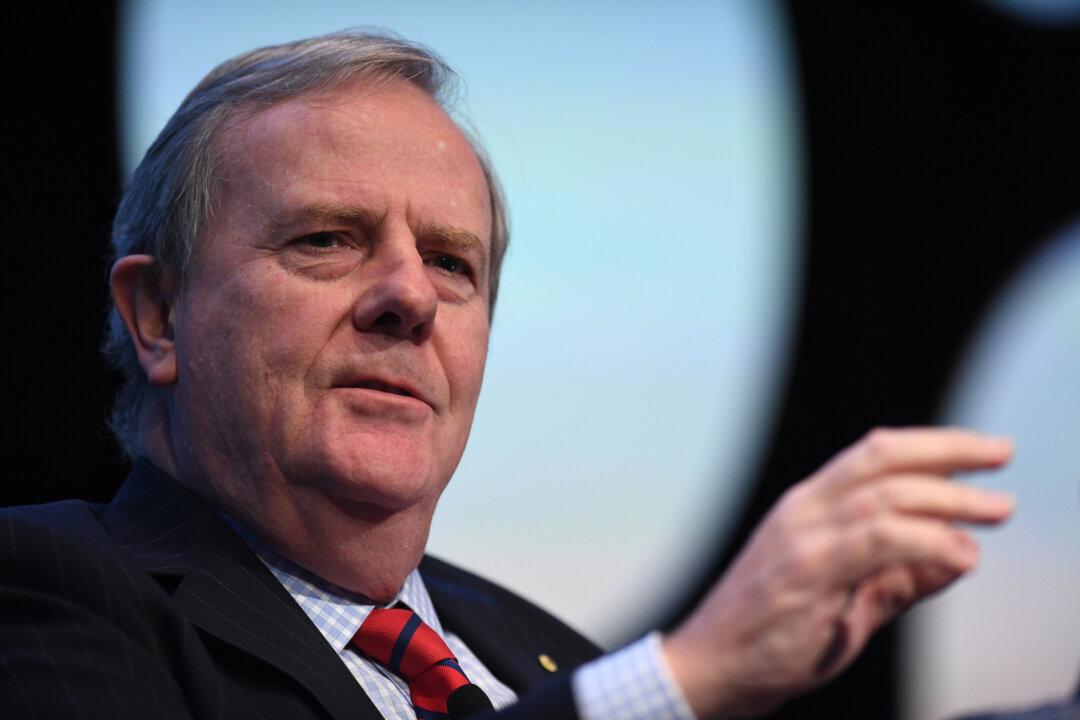Plans for a new AFL stadium and the protection of native forests from logging were the hot topics at the final leader’s debate at Hobart Town Hall ahead of Tasmania’s upcoming state election on March 23.
The island state’s elections are typically closely contested, with a history of minority governments and intricate political manoeuvres. The major parties, the Liberal Party and the Labor Party, often compete fiercely, along with the Greens, who have a strong presence in Tasmanian politics. The defection or cross-bench move by two MPs triggered the election, nearly 12 months earlier than scheduled.





